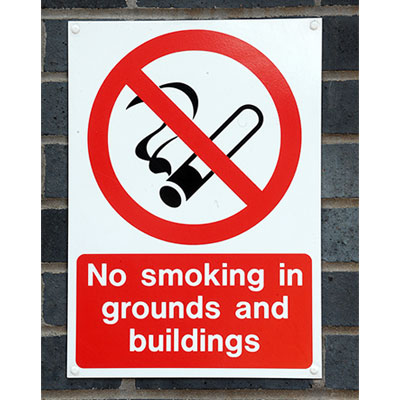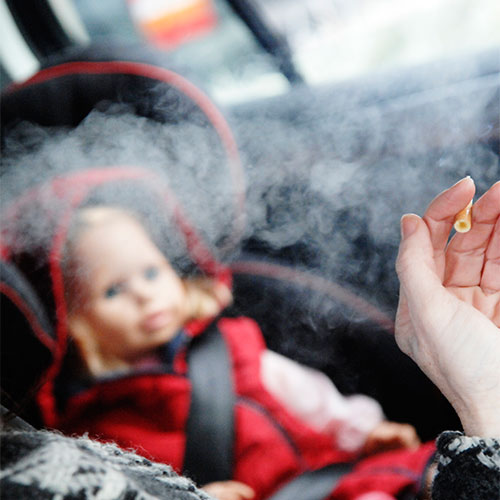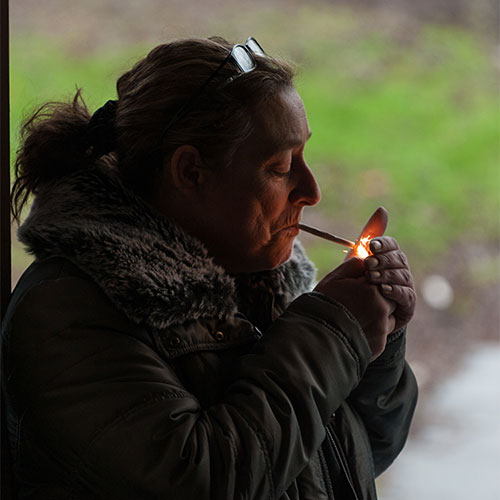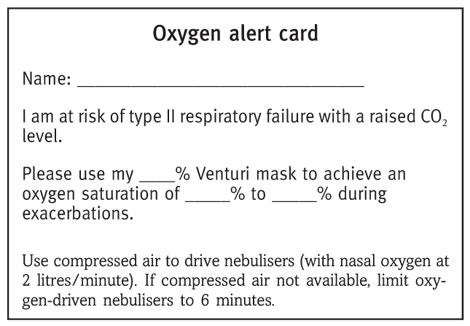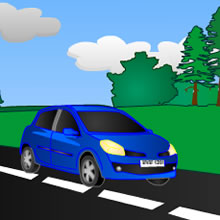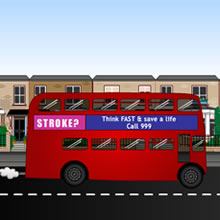
Currently a packet of 20 cigarettes costs around £8, so quitting will give a 20-a-day smoker an extra £56 a week.
You’ll also save money in other ways. Life, home and car insurance can all be cheaper when you’re a non-smoker.
For a 20-a-day smoker, in:
- 1 day: you’ll have enough money to rent a movie or buy a few magazines.
- 1 week: you could have enough money for a new pair of shoes, or a facial, a (really) cheap flight, a DVD box set, a day out with your family, or a day at the races.
- 1 month: you could save enough for a shopping spree or premiership football tickets.
- 3 months: you could afford two weeks in the sun, a new laptop, or the latest flat screen TV.
- 6 months: you’ll have saved enough for a football season ticket, a family holiday, your own home cinema.
- 1 year: you’ll be able to afford a new kitchen, flash designer jewellery, a car!
To find out more go to the on-line cost calculator at Can Stop Smoking website to find out how much smoking is costing you financially and how much you could be saving.


